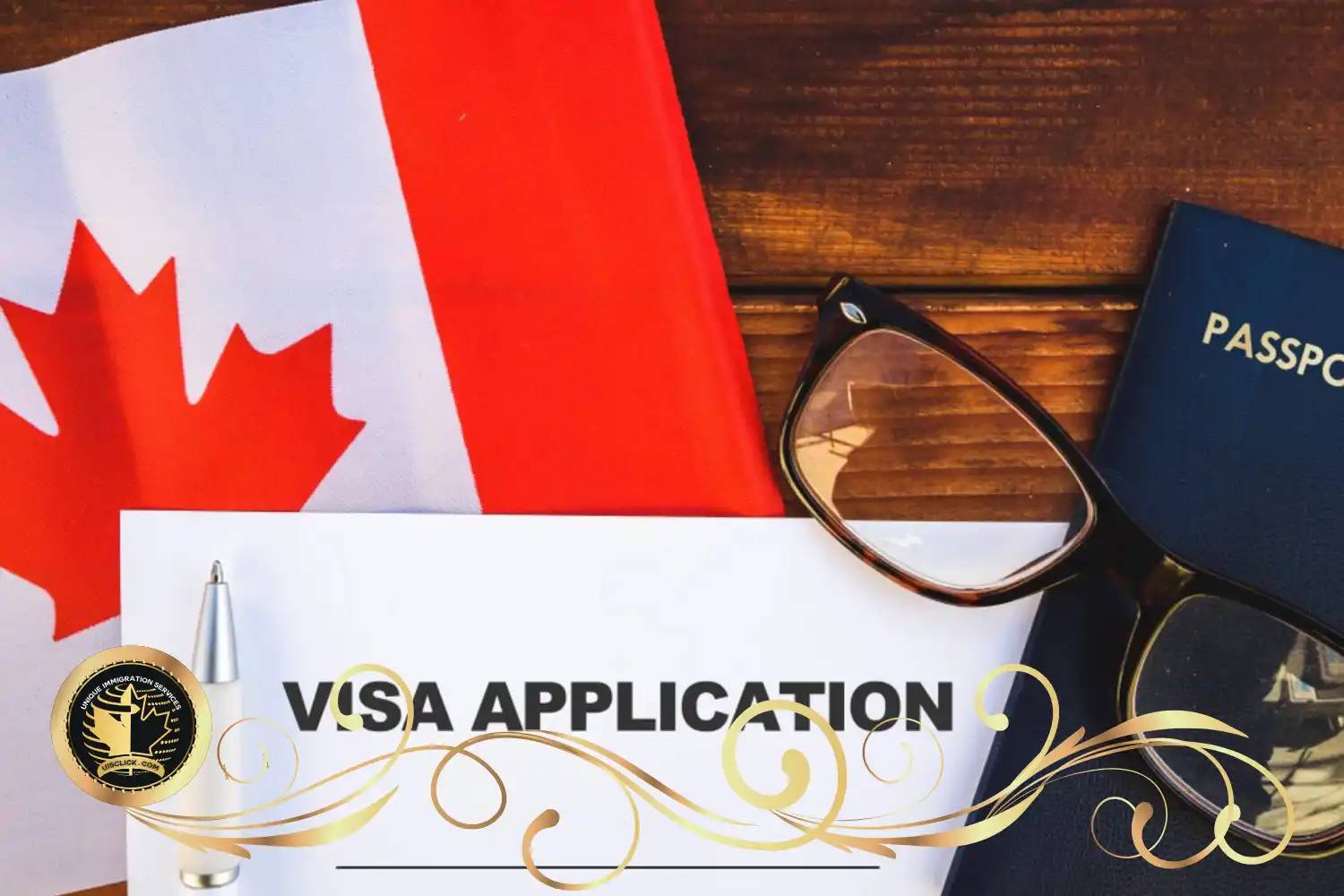
RCIC
Contact us if you need counsel for, Litigation, Immigration, refugee, detention review and admissibility hearing, family law and. more..

In Canada, individuals deemed inadmissible to the country may receive one of three orders from Immigration, Refugees and Citizenship Canada (IRCC) and/or the Canada Border Services Agency (CBSA): a departure order, an exclusion order, or a deportation order.
Although receiving one of these orders might suggest the end of an individual’s time in Canada, the Canadian government provides a document known as an Authorization to Return to Canada (ARC). This document offers those subject to a removal order the possibility of returning to Canada at a later date.
Understanding ARCs necessitates a fundamental grasp of Canada’s three distinct types of removal orders, which are delineated below in ascending order of severity.
Departure orders mandate that the recipient must exit Canada within 30 days of the order’s effective date, as stipulated by law. Upon departure, individuals are obligated to confirm their exit with the Canada Border Services Agency (CBSA) at the port of exit.
Read more in the article What is an Authorization to Return to Canada?: Denied Entry To Canada
Note: Departure orders may escalate to deportation orders if the recipient fails to depart Canada within the specified 30-day period or neglects to confirm their departure with CBSA upon exiting. The repercussions of such progression, transitioning from a departure to a deportation order, will be elaborated upon subsequently.
Exclusion orders escalate the severity of departure orders by imposing restrictions on the recipient’s ability to re-enter Canada, typically for a minimum of one year. In cases of misrepresentation, individuals may face exclusion from Canada for up to five years. Additionally, if the exclusion order necessitates the CBSA’s financial assistance for the individual’s removal from Canada, repayment of these costs to the agency is mandatory.
Deportation orders permanently prohibit the recipient from returning to Canada unless they apply for an Authorization to Return to Canada (ARC) (further details on ARCs will be provided later). Furthermore, individuals who have had their deportation expenses covered by the CBSA must reimburse the agency for these costs. Repayment of removal expenses is a prerequisite for deportees seeking re-entry into Canada, in addition to obtaining an ARC.
Read more in the article What is an Authorization to Return to Canada?: Refugee visa in Canada
An Authorization to Return to Canada (ARC) is essential for individuals who have been issued a deportation order if they wish to be considered for re-entry into Canada. However, for individuals subject to departure or exclusion orders, an ARC is not required for re-entry under certain conditions. Here are the details regarding re-entry to Canada after receiving departure or exclusion orders:
For individuals facing Canada’s most severe type of removal order, deportation, an ARC is mandatory for re-entry regardless of the circumstances surrounding the deportation. In essence, all recipients of deportation orders must apply for an ARC whenever seeking re-entry, regardless of the duration since the order was issued.
Read more in the article What is an Authorization to Return to Canada?: 5 challenges of immigrants in Canada and coping strategies
Here are the details regarding Authorization to Return to Canada (ARC):
For instance, the case of Adina Harms-Barbour, a German citizen facing deportation for serious criminality despite living in Canada since childhood, highlights the discretionary nature of ARC decisions.
Read more in the article What is an Authorization to Return to Canada?: Startup Visa in Canada

Contact us if you need counsel for, Litigation, Immigration, refugee, detention review and admissibility hearing, family law and. more..